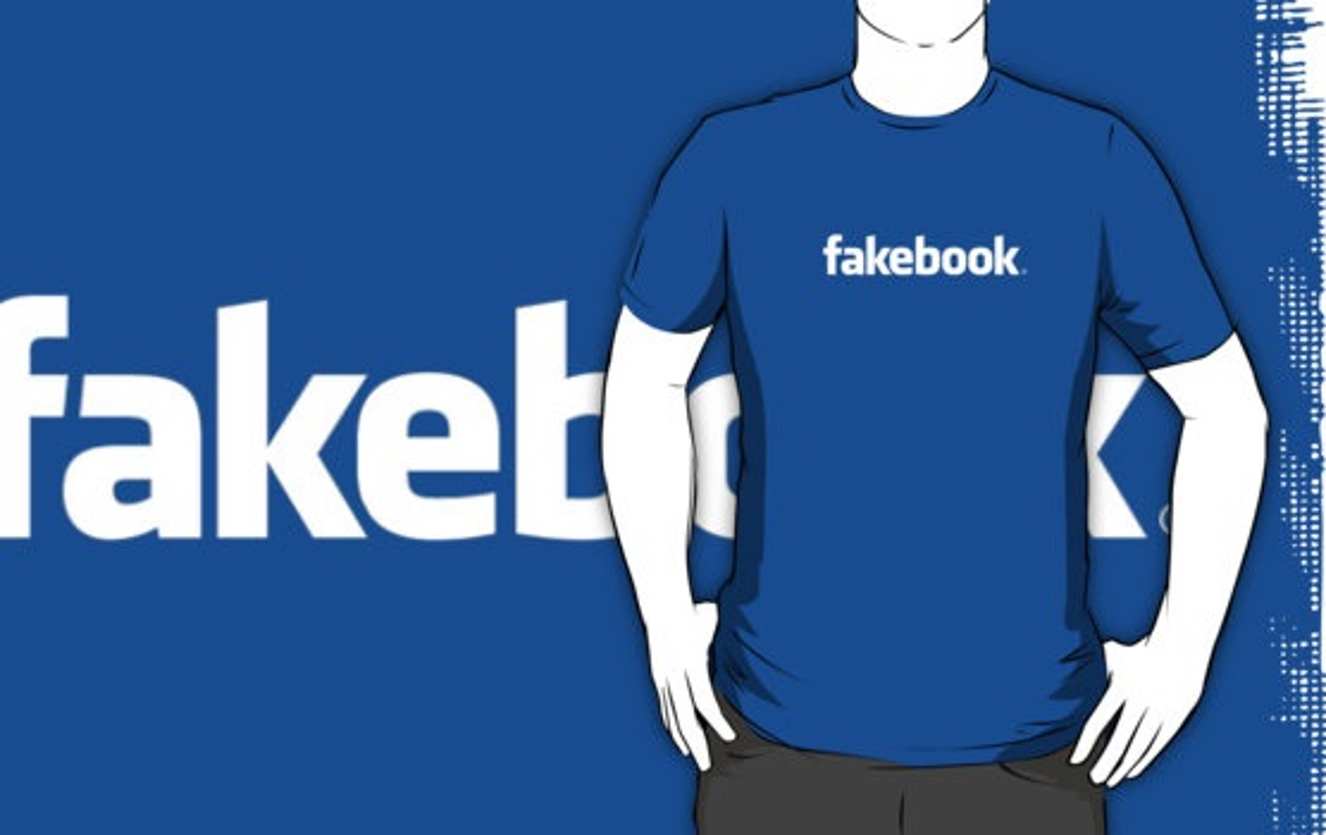Facebook callously ignored the pleas of a young social media luminary battling cerebral palsy as scammers brazenly exploited her content for profit.
Grace Wolstenholme, a 20-year-old sensation boasting 1.3 million followers on TikTok, watched helplessly as her livelihood crumbled.
Despite her staggering fanbase, Facebook turned a blind eye to the theft of her videos, allowing imposters to masquerade as her, deceiving and profiting off her devoted supporters.
The depths of Facebook’s indifference were laid bare as the fraudulent account, under the guise of being a creator, shamelessly solicited stars and gifts from fans, converting them into cold, hard cash.
Each stolen star, each ill-gotten gift, a reminder of Facebook’s callousness as it lined its pockets with the exploited creativity of others.
In a world where every click and view translates to cents and dollars, Facebook’s paltry compensation scheme offered a meager pittance for creators.
A mere fraction of a cent per star, a pitiful sum that pales in comparison to the wealth amassed by the tech giant. Yet, for Grace Wolstenholme, each stolen star represented not just lost income, but a betrayal of trust and a violation of her hard-earned reputation.
Facebook’s negligence stands as a stark testament to the company’s disregard for the welfare of its users, especially those who are vulnerable to exploitation.
Grace’s ordeal serves as a damning indictment of a platform that prioritises profit over integrity, leaving behind a trail of shattered dreams and stolen opportunities.
The saga of deceit and exploitation deepens as the murky realm of online scams casts its shadow over Grace Wolstenholme’s harrowing ordeal. Despite the mounting evidence of fraudulence, the scammers behind the nefarious scheme remain shrouded in mystery, their illicit gains hidden from scrutiny.
For five interminable months, Wolstenholme waged a solitary battle against the malevolent forces that hijacked her online identity, pleading with Meta and invoking the aid of Action Fraud to no avail.
Additionally, despite her relentless efforts, Meta, the behemoth behind Facebook and Instagram, remained indifferent to her plight until the piercing spotlight of media scrutiny forced their hand.
Only when the Guardian sounded the alarm did Meta deign to act, begrudgingly removing the fraudulent account that had amassed a staggering 50,000 followers through deceit and manipulation. Their silence speaks volumes, a tacit admission of complicity in allowing the exploitation to fester unchecked.
Wolstenholme’s desperate attempts to reclaim her stolen identity were met with bureaucratic indifference and hollow promises of investigation.
Despite reporting the impersonation to Meta in January via their in-app tools, her cries for justice fell on deaf ears. Even the authorities, entrusted with safeguarding the public from such nefarious acts, offered little solace, their inability to identify a viable course of action serving as a bitter reminder of the system’s failings.
In the face of such callous disregard, Wolstenholme found herself adrift in a sea of uncertainty, forced to navigate the treacherous waters of social media with little recourse for justice.
Advised by the very authorities meant to protect her to take a hiatus from the platforms that had become her livelihood, she was left to ponder the injustices perpetrated in the digital realm with no respite in sight.
According to Wolstenholme taking time off TikTok was a financial loss. She says TikTok isn’t just her job – it’s also a distraction from her mental health.
This is not an isolated incident. Countless fake accounts are reported daily, yet many continue to operate, causing significant distress and financial loss to unsuspecting users.
Victims of these scams often find themselves in an uphill battle, not only against the scammers but also against Meta’s seemingly indifferent response.
Victims have shared numerous stories of frustration and helplessness. Despite providing clear evidence of fraudulent activity, many users find their reports ignored or dismissed by Meta.
In some cases, victims have experienced the absurd scenario of having their own accounts suspended while the scammers‘ accounts remain active. This raises serious concerns about Meta’s handling of user reports and the effectiveness of its automated systems.
The consequences of this negligence are far-reaching. Scammers exploit the platform’s massive user base, creating convincing fake profiles that mimic real individuals or businesses.
The fraudulent accounts engage in various deceptive practices, from phishing scams to selling counterfeit products, eroding user trust and causing financial harm.
The ongoing issue of fake accounts on Facebook is a serious one that requires immediate and effective action from Meta.
Users like Grace Wolstenholme should not have to spend months fighting to remove fraudulent profiles. It’s time for Meta to acknowledge the severity of this problem and to commit to protecting its users from the growing threat of online scams.
About Grace Wolstenholme
Digital creator who documents her life with cerebral palsy, using her journey with cerebral palsy TikTok to help her do so. She also posts about fashion, beauty and pop culture. She has amassed 1.4 million fans.







